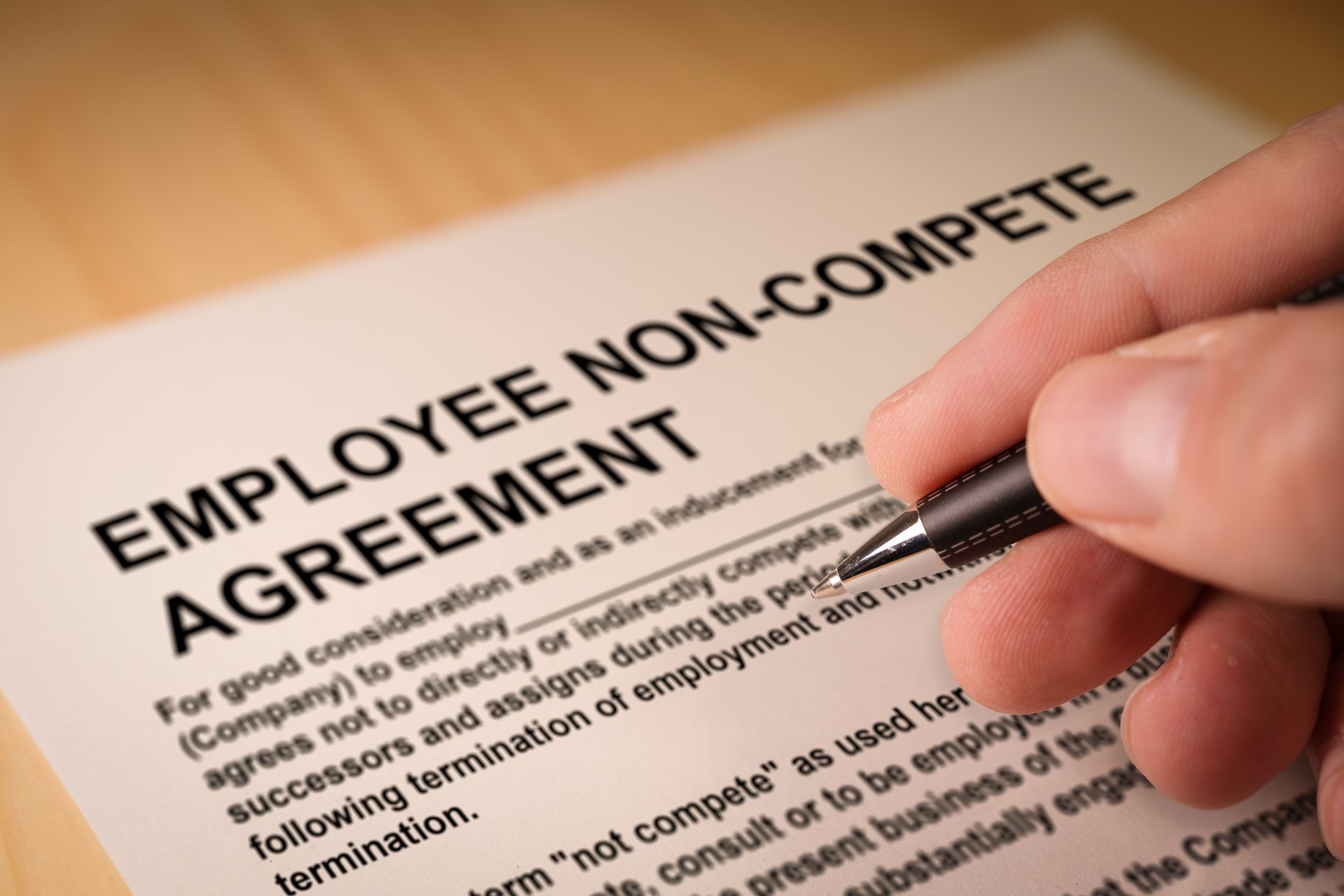
For many Minnesotans, a criminal record is one of the biggest barriers to moving beyond past mistakes. Even when charges were dropped years ago or a conviction was relatively minor, the record can surface during a background check for jobs, housing, or school. Minnesota law offers a process called expungement to address this problem.
Expungement doesn’t erase history, but it does seal records from public view, making a real difference for most people trying to rebuild their lives.
I Could Have a Record Even if Charges Were Dropped, Dismissed, or I Was Acquitted?
Yes. In Minnesota, even if charges are dropped, dismissed, or you’re acquitted, the arrest and case filing itself still create a public record.
- If you were arrested and booked, that arrest appears in state databases.
- If charges were filed, the court docket remains public even if the case was dismissed.
- Employers, landlords, and background check companies often see “charges filed” or “case dismissed,” which can still raise red flags.
Expungement for dismissed or dropped cases can prevent them from continuing to appear in searches even though no conviction happened. Expungement is typically easier to obtain in these situations because there is no waiting period and no need to prove rehabilitation.
What Expungement in Minnesota Does and Does Not Do
It’s important for Minnesotans seeking expungement to understand that even a successful filing does not delete a criminal record. Instead, it seals it so it is hidden from the public and ordinary background checks. That means:
- Employers, landlords, and schools running ordinary background checks will generally not see the record.
- Law enforcement and prosecutors can still access sealed cases if new charges are filed.
- Courts can review them when considering sentencing in future matters.
- State licensing boards in fields like health care, education, finance, or child care may retain access.
For many people, expungement functions like a fresh start. But for those pursuing licensed professions or security-sensitive jobs, it’s important to know that a sealed record is not invisible to everyone.
Who May Be Eligible for Expungement
Eligibility depends on how the case was resolved and how much time has passed. Minnesota law allows expungement in several common situations:
- Dismissals and acquittals – Records may be sealed to reflect that no conviction occurred.
- Diversion or stay-of-adjudication programs – Completion of the program often qualifies for expungement.
- Convictions – Many misdemeanors, gross misdemeanors, and some non-violent felonies may be sealed after a waiting period, as long as no new crimes occurred.
Serious offenses such as violent felonies or sex crimes are generally not expungable.
Statutory vs. Inherent Authority Expungement
There are two main paths to expungement in Minnesota:
- Statutory expungement under
Minnesota Statutes § 609A covers dismissals, diversion completions, and some lower-level convictions, but it is never automatic. A petition and court approval are still required.
- Inherent authority expungement relies on a judge’s power to seal records outside the statute. This path is narrower and more difficult, but still possible in some cases.
Understanding which path applies is critical, because the standards and chances of success differ depending on which option may be available in your situation.
How the Expungement Petition Process Works
- Preparing and filing a detailed petition.
- Serving notice on prosecutors, agencies, and sometimes victims.
- Appearing at a court hearing where a judge weighs the request.
At the hearing, the court considers:
- The seriousness of the original offense.
- The time passed since the case ended.
- Evidence of rehabilitation, such as steady employment or community involvement.
- The balance between public safety and the petition filer’s need for relief.
Because prosecutors or agencies can object and the petitioner carries the burden of proof, even strong cases can fail if the process isn’t followed.
People whose expungement petitions are denied can file again, though courts expect new evidence or changed circumstances, and you must go through the full petition process a second time. That’s why it’s best to meet all requirements and present the strongest case possible the first time around.
Why a Criminal Lawyer’s Help Matters When Filing an Expungement Petition
Expungement petitions in Minnesota are typically handled by criminal defense attorneys. They understand both the technical requirements and the way judges approach these cases. An attorney can:
- Confirm whether you qualify under the statute or inherent authority.
- Assemble the strongest supporting evidence.
- Respond to opposition from prosecutors or agencies.
- Represent you in court to argue why sealing your record serves the public interest.
While self-representation is legally allowed, expungement is paperwork-heavy and detail-driven. Missing a notice, using the wrong forms, or failing to supply adequate evidence can mean starting over or losing the case on your first attempt.
Do You Want to Have Your Criminal Record Expunged in Minneapolis–St. Paul?
Although expungement in Minnesota does not entirely erase a person’s criminal record, it can still open doors to better jobs, housing opportunities, and educational options that might otherwise remain closed. Because eligibility is specific and the process is demanding, many people benefit from the assistance of a local criminal defense attorney.
The Minnesota Lawyer Referral and Information Service (MNLRIS) can connect you with an experienced criminal defense lawyer who understands expungement law. Speak with one of our referral counselors today by calling (612) 752-6699, or start the process on our website.




